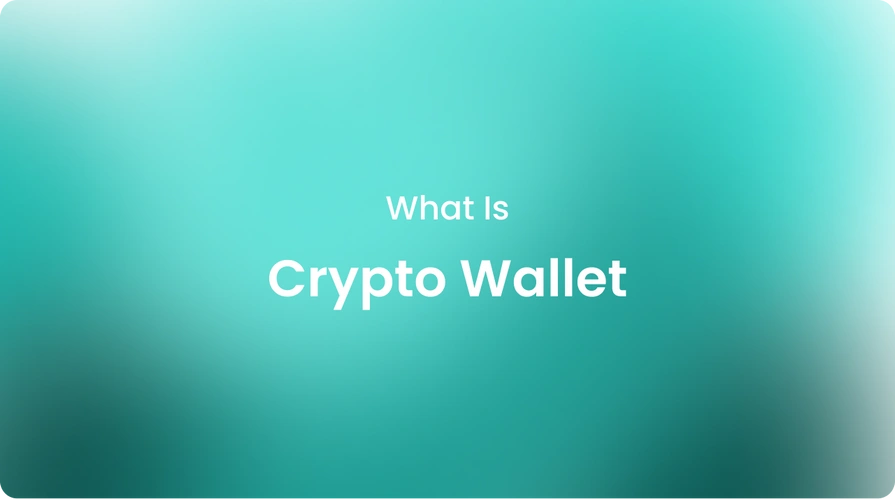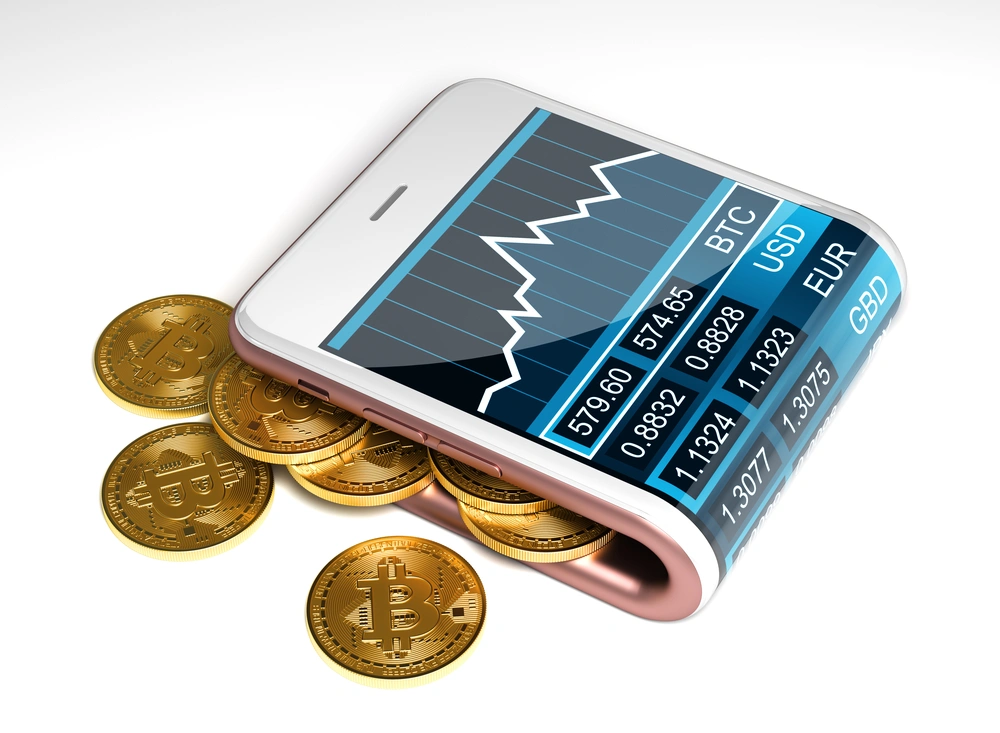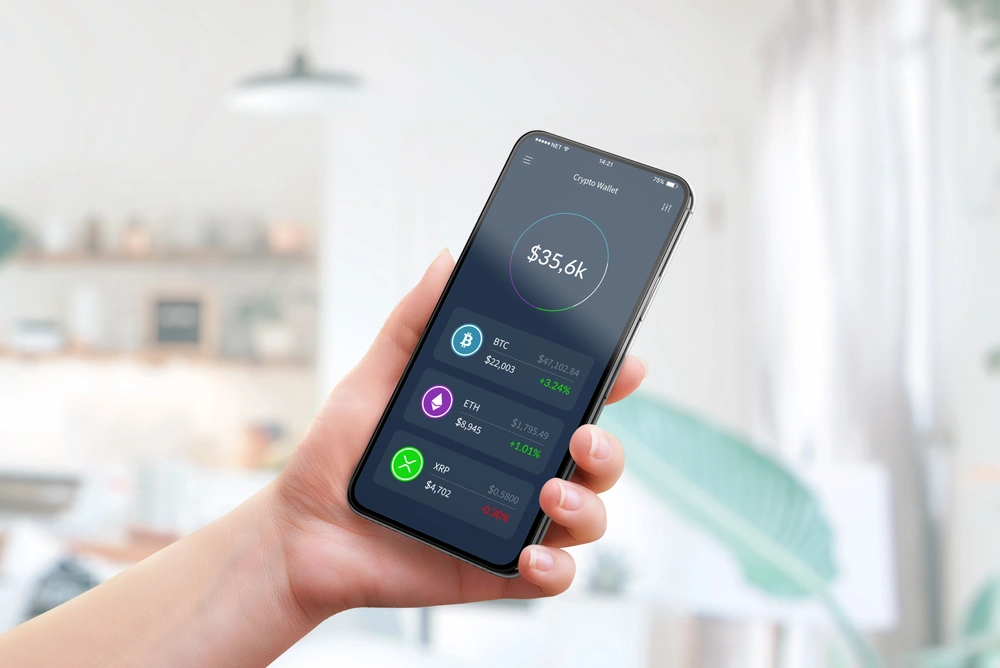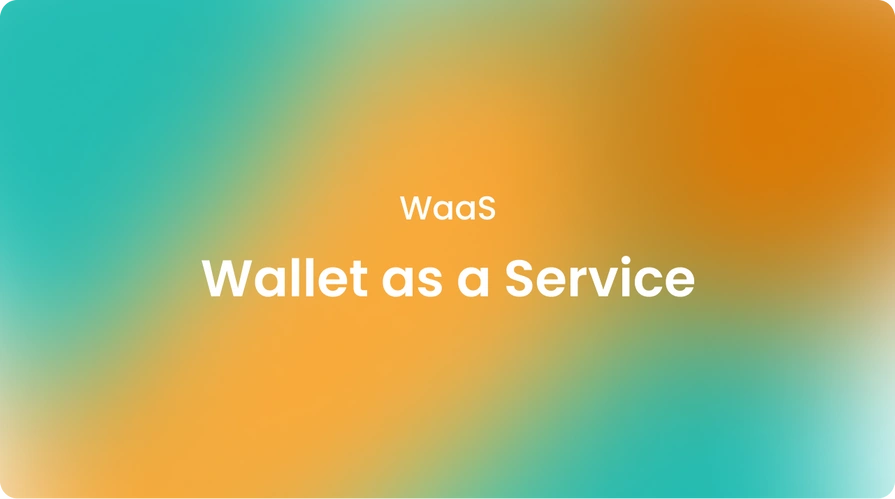|crypto, knowledgehub
What Is a Crypto Wallet?

To sell, trade or buy cryptocurrency, a crypto wallet is necessary. This digital service enables you to keep, store, buy, sell, and trade crypto while saving transaction records. A crypto wallet also enables users to protect their digital assets as well as connect to and interact with DeFi and NFT marketplaces.
A crypto wallet provides a safe place for you to keep your cryptocurrency, holding both private and public keys that enable transactions as well as offering backup and recovery capabilities.
Digital and physical wallets allow users to take control of their own keys, relieving centralized exchanges of the ability to rehypothecate or otherwise steal assets from users. Digital hot wallets may be preferred, while physical cold wallets provide added protection.
Join us in this blog as we go further in detail on how crypto wallets work, the different types of them, why you should use them, their safety, and how you can use them. Let’s start by exploring how they work!
How do cryptocurrency wallets work?
Cryptocurrency wallets do not hold digital assets the same way physical wallets store cash; rather, they manage the private and public keys necessary for transactions on blockchain technology.
This enables users to own their assets independently from centralized exchanges and achieve financial sovereignty with decentralized exchanges, but it also requires you to take measures to protect the key pairings within your digital assets.
There is a wide array of types of cryptocurrency wallets, each of which aims to balance control, security, and convenience to some degree. Exchange wallets may manage your private keys for you as custodial wallets, while mobile wallets or hardware wallets allow you to manage them yourself as non-custodial wallets.
Furthermore, some cryptocurrency wallets serve as extensions in web browsers to make connecting to dApps and authorizing transactions easier with just a click or two of a button.
What are the different types of crypto wallets?
All types of crypto wallets share two key pairs: one public and one private. A public key can be shared freely with anyone wanting to send cryptocurrency, while your private key serves as your bank's PIN code and should remain secure at all times.
There are two main types of crypto wallets: custodial (managed by a third party) and non-custodial (owned by the user). Crypto wallets can be divided into two distinct groups: hot wallets and cold wallets.
When it comes to long-term cryptocurrency storage, a cold wallet's offline safety is preferable to that of a hot wallet's online accessibility. Additionally, there are three distinct types of hot and cold wallets: hardware, software, and paper.
Hardware wallets and paper wallets are among the cold wallets as they do not have any internet connection, while software wallets, such as desktop wallets, mobile wallets, and web wallets, are among the hot wallets with internet access.
While software wallets are more convenient, hardware wallets increase security. Because they are written on paper, paper wallets are not as popular as they used to be. On the other hand, hardware wallets provide an additional layer of protection, while desktop wallets provide a balance.
Mobile wallets, made specifically for use on smartphones, facilitate the exchange of cryptocurrency via QR codes. Finally, a web wallet is a digital money account that can be accessed online and used to make purchases or transfer funds.
Software-based wallets such as browser extensions, mobile apps, and desktop app wallets are by far the most convenient form of wallet; however, hackers pose the greatest risk of stealing private keys from them.
To increase security further, those seeking increased protection should consider switching to non-custodial wallets that give sole control of their private data without third parties and offer open-source compatibility with hardware wallets.
Should I use a crypto wallet?
Yes, you should have crypto wallets now. However, reputable financial institutions like Cryptobunq should be providing these wallets for you. Crypto wallets are indispensable tools for safely storing and managing cryptocurrency assets.
They serve as an interface that enables users to manage their private keys, connect to decentralized applications (dApps), verify identities, transfer currency between wallets and users, and facilitate transfers between wallets themselves.
Whether mobile devices or physical wallets, some are custodial, while others are noncustodial. Cold wallets provide an alternative option for individuals concerned about being hacked, usually appearing like USB sticks with plug-in ports for storage of private keys offline and away from any risks of the internet.
Furthermore, they protect users' transaction records in an environment with greater security. You can reach Cryptobunqfor the best crypto wallet solutions and wallet services for your crypto investments. CBQ offers custody and wallet, exchange API, node as a service, checkout and invoicing, and more solutions for you.
Is any crypto wallet safe?
Safest crypto wallets provide an excellent way to secure your crypto assets. By keeping users' private keys away from hackers online, crypto wallets protect the value of users' accounts while tracking blockchain technology transactions to allow verification by other users.
Hardware wallets provide more security than desktop wallets by storing the private key on a physical device that's not connected to the internet.
Hacking could still happen, but only with physical access and knowledge of any associated PINs or passwords. They may be costly, but many investors consider their investment worthwhile due to their additional level of protection. You can get support from CBQ for secure crypto wallet solutions.
What is the safest crypto wallet?
There are various types of crypto wallets, each offering unique advantages and drawbacks. Crypto wallets are devices used to securely store public and private keys associated with an address using blockchain technology.
They may take the form of physical cold wallets, mobile app wallets, desktop wallets, or paper wallets; some even feature multi-signature support or linkages with exchanges.
Desktop wallets are popular choices due to allowing direct crypto trading from them as well as connecting directly to exchanges, yet due to being connected online, they may become vulnerable to malware attacks and other cyberattacks.
On the other hand, hardware wallets provide the greatest level of protection, as they store private keys offline and are more difficult to hack. They come in the form of small plug-in devices or USB sticks, while software wallets are convenient yet susceptible to hackers.
Newcomers to the crypto market may prefer custodial exchange wallets, while experienced traders might opt for non-custodial ones, which allow them to manage both public and private keys independently.
Users should consider their objectives and level of experience when choosing a crypto wallet provider such as Cryptobunq. CBQ is an expert and reputable crypto service provider that you can trust for your crypto needs, including crypto wallets.
How do I start a crypto wallet?
Users, when selecting a crypto wallet, should look for features that protect their cryptocurrency funds, such as custodial or noncustodial status. Since the owner must give up control of their private keys to third-party services like cryptocurrency exchanges, custodial wallets are a potential target for hackers.
Noncustodial wallets allow the user to keep custody of their private keys as well as full control over all their transactions, eliminating this security risk altogether.
Users should consider whether the wallet supports all the blockchains they intend to use it for; some wallets support only one blockchain, while others allow multiples.
Furthermore, users should consider what type of transactions they intend to conduct with their best crypto wallet—be that buying and selling or simply moving coins between wallets—before determining if their chosen wallet offers an easy way of accomplishing them.
Other criteria when assessing wallet providers include user interface design and setup ease. Many wallets can be found in both desktop and mobile software versions, as well as hardware wallets.
Cryptobunq provides offline storage (also referred to as cold storage), supports multiple blockchains, and features robust security measures like two-factor authentication, biometrics, multi-party computation cryptography, and more.
If you desire to launch your wallet for your business or innovative investment projects, contact us. Grow your business with our blockchain-powered solutions and expertise in the crypto and blockchain ecosystems!













